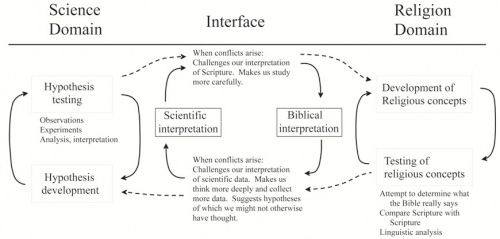So we’re going to have this event called the Reason Rally next month.
The opposition is beginning to stir, weakly and ineffectually, with a contribution from a creationist fool.
I have already commented on it here, but I will also note that they are calling this rally of people who profess to support "reason," "science," and "secularism" the "largest gathering of its kind in history." I guess they forgot about the French Revolution and the Reign of Terror. Maybe they should add "history" to their list of emphases.
No word yet on whether national park officials will allow them to operate a guillotine on the Mall.
There will, of course, be no Bastille to storm, but will we be doing this the same way we’ve done large-scale atheist projects before? Will we consider women "passive citizens" who were denied the vote because they didn’t have "the moral and physical qualities" to exercise political rights? Will we deny the égalité in "Liberté, égalité, fraternité" to non-whites?
No wonder we can’t get any decent intellectual progress in this country: we contain idiots who hear the words “reason”, “science”, and “secularism” and leap to the conclusion that we’re talking about guillotines. I guess that’s why they’re so anti-science and anti-reason — they’ve made some maddeningly stupid associations with the words.
And why should Martin Cothran leap to this bizarre scenario of atheists going all 18th century and discriminating against women and minorities? That’s more of a 21st century obsession of religious fundamentalists.
But then, he’s not even being creative. This is Rick Santorum’s line that equates science, social justice, and secularism with chopping people’s heads off. No one is advocating tyranny or revolution here, and decapitation is a signature move of terrorist extremists nowadays…so how can anyone take seriously a trembling nitwit who screams bloody murder because Richard Dawkins or Taslima Nasrin or Lawrence Krauss or Hemant Mehta or Jamila Bey or Greta Christina talk about liberty and equality without gods or priests?
There will be no guillotines on the mall unless the religious right brings them. We cannot be responsible for the imaginary terrors the stupid and ignorant conjure up when confronted with knowledge and good sense and a dismissal of superstition.


